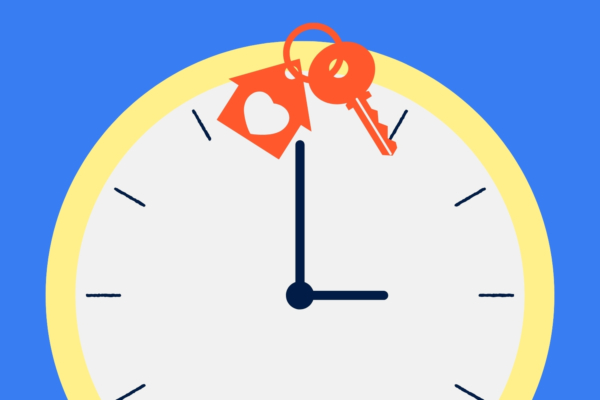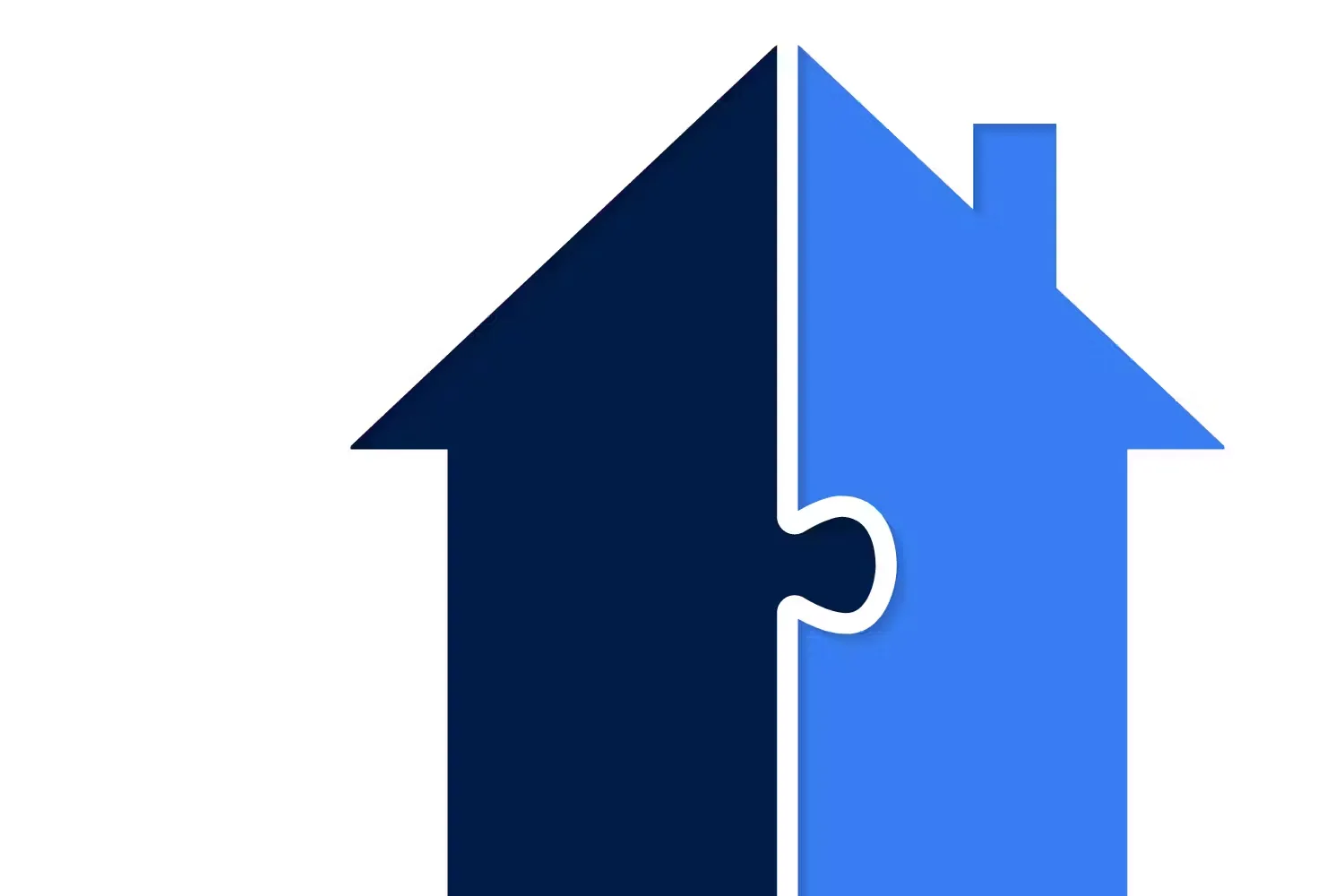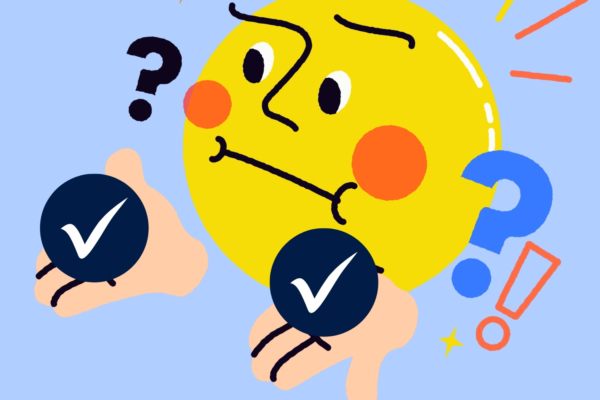
Guide to Homeownership: Buying a Second Home

Experts have long agreed that real estate is a good long-term investment, so it would make sense to think that two houses must be better than one— right?
Depending on your personal financial situational and lifestyle, this may not always be the case!
Buying a second home as an additional source of income may sound like a no-brainer if you have the funds, but it’s a big responsibility that can have a lasting impact. In this article, we’ll look at why this type of investment may be lucrative—or not–and what you should consider before diving head first into a second property.
From Mortgages to Home Equity Loans
Our local, award-winning lending team is ready to help you begin today.
Advantages of Buying a Second Home
Investing in real estate has its advantages, many of which probably drew you to the idea in the first place. The following are a few reasons why real estate may be a lucrative way to generate income.
1. An investment property can bring a steady stream of income.
One of the main advantages of owning rental property is that it has the potential to generate steady income. Money generated from monthly rent payments can supplement your current income or act as a main source of cash throughout retirement.
2. There is long-term security in real estate investments.
Real estate investments are generally considered to be one of the safer investments available. For one, it’s a tangible object. No matter what happens to the market, you’ll always have the physical property.
Additionally, real estate tends to appreciate over time, so if you purchase an investment property with the intention of holding onto it for many years, you could see a significant return on your investment when it comes time to sell.
3. It can help you diversify your assets.
Investing in real estate is a great way to diversify your portfolio and reduce risk across different asset classes. By diversifying your portfolio into types of investments, you can spread out risk and potentially receive higher returns over time by balancing out any losses from one asset class with gains from another. Additionally, owning rental properties often allows landlords to take advantage of tax deductions on depreciation costs and mortgage interest payments that are not available with other types of investments.
4. Real estate investments can hedge against inflation.
Inflation is a hot topic right now and affects most investors at some point in their lives.
Real estate is often seen as a reliable approach to protecting one’s wealth from the ever-fluctuating nature of the economy. Rental prices can be adjusted on an annual basis in accordance with inflation trends, mitigating potential losses caused by rising costs or other market downturns.
Considerations Before Buying a Second Home
Owning a second home isn’t all about raking in the dough. It’s a large responsibility that can create a lasting impact on your community, as well as your own financial plan. Here’s what you should carefully consider.
1. Renting a home is not passive income.
Finance gurus today are all about securing a passive stream of income— aka money that comes in automatically and requires minimal effort to maintain.
Rental income is often touted as passive income, but rental properties are far from passive. As a landlord, you’re responsible for finding tenants, collecting rent, doing repairs and maintenance when needed, dealing with tenant issues, and more. Even if you decide to hire a property management company to take care of day-to-day tasks, the paperwork, meetings, and oversight will still take up time.
In today’s affordable housing crisis, it’s more important than ever before for landlords to make decisions for the benefit of their tenants— not just their pocketbooks. Your role in creating safe and equitable spaces for tenants is a serious responsibility that shouldn’t be taken lightly.
2. Purchasing a second home contributes to a growing problem of depleted inventory and higher prices.
By purchasing a second home, you unknowingly may be making it more difficult for first-time or lower-income home buyers to purchase a home. Home inventory is already in short supply, and investor purchases only continue to squeeze the number of homes available for purchase. Low supply drives up prices, making properties out of reach for those who don’t have cash reserves on hand for a massive down payment or large monthly mortgage bill.
Should you go forward with purchasing a second home, it’s important to consider how your purchase will affect the surrounding community and how you may be able to mitigate a negative impact.
3. Short-term rentals have their own challenges.
If you’re thinking of purchasing a home for the purpose of short-term rentals (like Airbnb or Vrbo), there’s an added list of challenges to consider:
- Short-term rentals aren’t steady income: Short-term rentals = ebbs and flows. You may get booked solid for one month and have no bookings the next. If you’re depending on steady income for retirement, a short-term rental likely won’t be able to provide this security.
- You may need to hold a license or permit, depending on your local regulations: Cities have tightened regulations on short-term rentals in recent years, often making it harder to rent out properties.
- Upkeep and risk of damage are higher: Running a short-term rental means having to clean between guests, more general upkeep, and facing a higher risk of damage to your property.
Short-term rentals pose added risks, so it’s important to do extensive research into the endeavor before committing to this plan.
4. You’ll need to consider your second mortgage.
If you still decide to go through with the home purchase, you’ll need to think about how you’ll pay for the new property. A second mortgage will typically come with a higher interest rate than a mortgage on a primary residence. If you decide to leverage your current home’s equity with a home equity loan, home equity line of credit, or cash-out refinance, you should consider the downsides of those loans as well.
5. Buying a home is more than just paying for the mortgage.
Another thing to keep in mind is that owning a second property means taking on more expenses aside from the mortgage payments— fees like HOA fees, insurance, and taxes, to name a few. And, unfortunately, investment properties are not eligible for many of the breaks that primary residences get, such as homestead tax exemptions.
6. You need the right kind of insurance.
The insurance on a second home that you rent out—in any way—demands a completely different type of insurance. Many people use traditional homeowners’ insurance, thinking it will cover in the same way—and that couldn’t be further from the truth. Insurance has very clear rules on how and when it can be used and what exactly it covers, so consulting your insurance agent is very necessary—even before you start looking for a second property. If you live in a flood or wildfire zone, be prepared for that insurance to be even more complicated.
7. Real estate isn’t always a sure bet.
Lastly, it’s important to realize that real estate is not always a sure bet. Real estate prices can (and have in the past) plummeted with little warning, leaving investors with properties worth much less than what they paid for them. This doesn’t mean you shouldn’t invest in real estate. It just means that you should always be prepared with contingencies if the housing market shifts unexpectedly, if you lose tenants, or if any other kind of disaster strikes.
Consider Your Purchase Carefully
Purchasing a second home is no small decision. It’s important for potential investors to carefully think about the impact of their purchase— not just in terms of their own financial standing but their community and global economy as a whole.
Ready to get prequalified?
Apply today and start your journey toward your new home.


